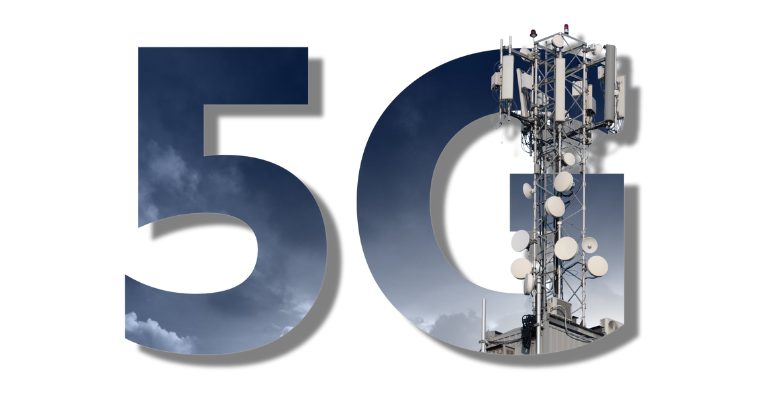The UK government heavily emphasizes establishing a seamless mobile network to enhance efficiency and convenience among the general audience. The introduction of 5G is therefore considered to be a viable solution, leading to unparalleled connectivity.
However, the existing 5G network services are still at a development stage, offering optimum reach only in limited urban localities. Consequently, a large population classified under rural areas does not have access to 5G connectivity.
Vodafone’s ‘Connecting the Countryside’ report shed light on this current limitation. Individuals residing in rural areas bear testament to this observation highlighted by Vodafone, as some parts of Scotland are also affected.
The Findings Reported by Vodafone’s Survey
According to the reports issued by Vodafone, it is estimated that 46% of rural areas do not have access to 5G amenities. The observations are backed by the reports published by WPI Economics.
On the flipside, the UK’s urban areas have 97.3% access to the 5G network. The contrast in services is astounding as carrier networks along with the UK government are working together to find relevant solutions to bridge this connectivity loophole.
Parts of Scotland, East Anglia, Wales, Cumbria, and the South West have been identified as 5G deprived regions. Wales and Cornwall are the most deprived regions where 5G efficiency can only be availed by 41% and 42.7% of the target audience respectively.
The total number of people operating from rural areas who are deprived of the 5G network is estimated to be around 838,000. Being able to access 5G benefits can assist individuals to effectively initiate online transactions, e-learning becomes more convenient, and incorporating IoT solutions in the field of agriculture simplifies.
Vodafone also intimates about the efficiency of the Skyport Drone, which is adversely affected due to the lack of 5G reach in rural areas. Delivering healthcare assistance through the Skyport Drone requires 36 hours which can be significantly improved with 5G amenities reducing the time taken to 15 minutes.
Going Forward – Identifying Possible Solutions
Vodafone’s study allows us to gain valuable insight into the shortage of 5G benefits across the UK. However, the primary agenda of this operation remains to push its merger with Three to enhance connectivity and reach.
The Chief Network Officer of Vodafone UK, Andrea Dona stated that the company is striving to find relevant solutions that would make 5G accessible in rural areas. To fast-track and enhance the UK’s 5G infrastructure, Vodafone’s merger with Three holds paramount importance. Andrea promises to deliver 5G Standalone services to almost 95% of the UK audience by the end of 2034.
Improving 5G technology and establishing a foundation for Standalone 5G will help the general audience to avail real-time solutions with the integration of Augmented Reality, Network Slicing, and Time-Critical Communication. Vodafone also makes a public commitment to investing £11 billion towards this initiative.
Going by the present trends and developments, the UK’s quest to achieve an enhanced 5G and Standalone 5G network is on track. The general audience can relish limitless benefits with the incorporation of this infrastructure influenced by lightning-fast internet speed and unparalleled reach.

